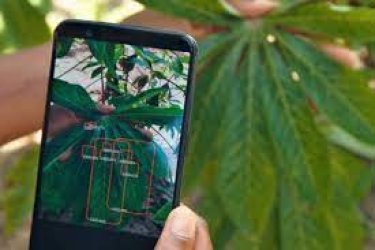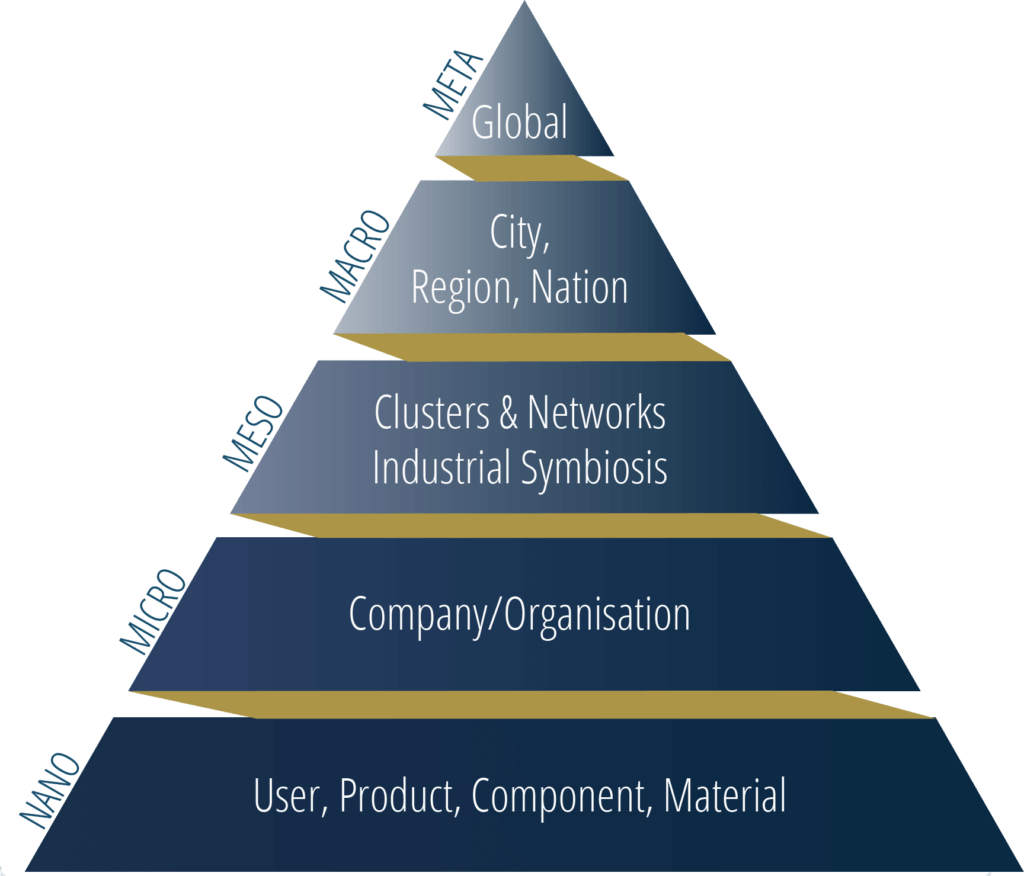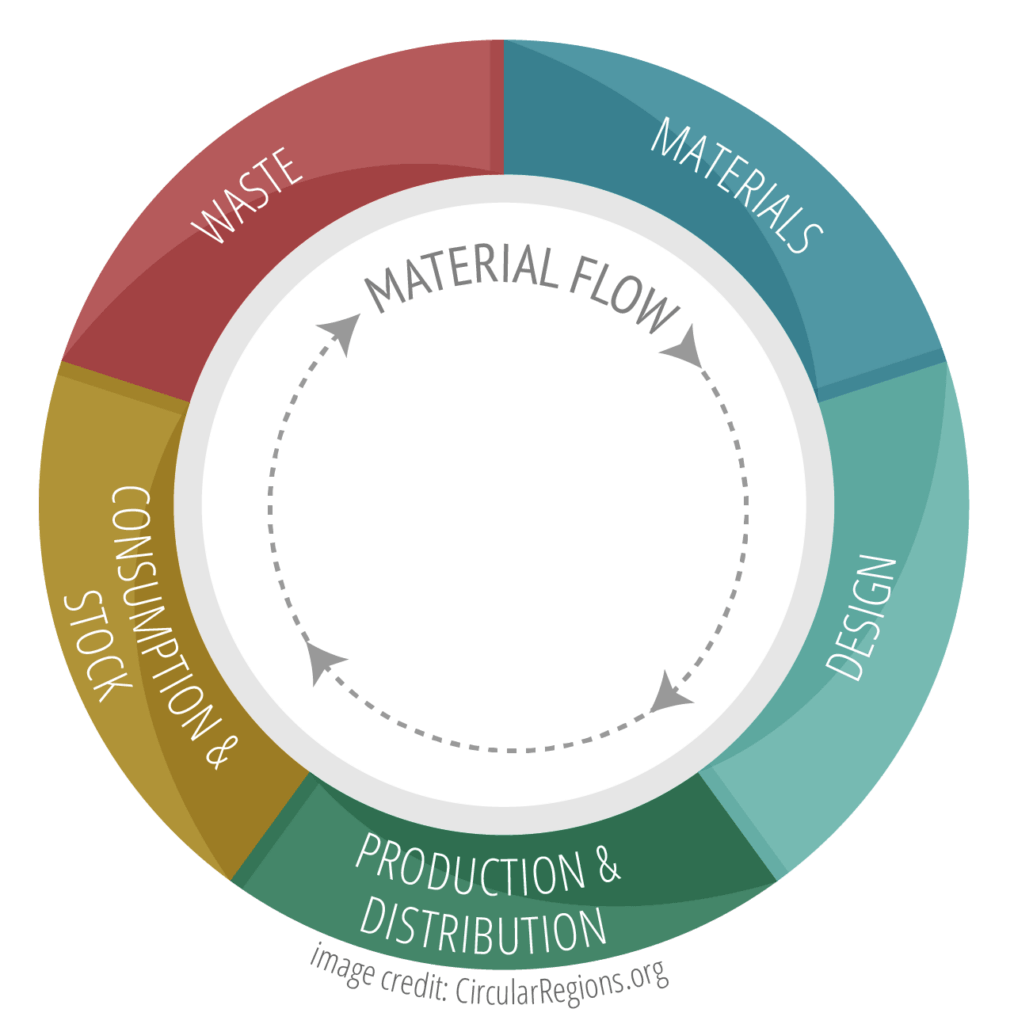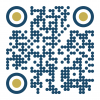Plant Village
State College, Pennsylvania, United States
CONDENSED CASE STUDY

IMPACT
MODEL
CYCLE PHASE

- INT-PSN1
Circular Case Studies by Circular Regions licensed under CC BY-NC-ND 4.0

STATUS & TIMELINE
| Milestone title | Date | Content |
|---|---|---|
| Founded | 01/2012 | |
| Nuru AI betatesting | 07/2018 | |
| ie.start date |
DESCRIPTION
Plant Village, a research and development unit of Penn State University, offers an example of Al being used to obtain a better understanding of crop health for smallholder farmers. Their mobile app assistant ‘Nuru’ uses machine learning to train algorithms to recognise plant disease symptoms from pictures taken using a smartphone camera.
PlantVillage has developed a triple A model (Algorithmic Agricultural Advice) that works to increase the yield and profitability for millions of farmers. It is our goal to reach hundreds of millions in partnership with an ecosystem of farmer facing organizations and the farmers themselves. Our algorithms come from our integration of AI, satellite technology and our unique field force (the Dream Team). Once a farmer inputs 3 critical details (crop type, location, planting date) the algorithms within the PlantVillage engine can send out advice via smartphone, SMS, TV or real world social networks.
PlantVillage has created Nuru, an AI assistant for farmers. Nuru has three components to its artificial intelligence:
- human expert level crop disease diagnostics using computer vision;
- above human capabilities in anomaly detection and forecasting based on ground and satellite derived data;
- human language comprehension and automated responses to questions posed by farmers. Our AI works with extension services, governments and the UN.
Drones. We are developing machine learning tools that work with images and video collected by cheap, affordable drones so that extension workers in low income countries can rapidly measure disease pressure in smallholder farmer fields.
Mobile Spectrophotometry. We are trialing a nanotech enabled mobile spectrophotometer that has been built by Croptix to diagnose viral infections in cassava even when the plant looks healthy. A major difficult in reducing viral diseases of cassava is preventing the distribution of viral infected cuttings. Mobile spectrophotometry can provide rapid disease diagnostics in the field, in real time.
Knowledge. We believe that knowledge helps smallholder farmers grow more food is a public good. This is especially true for knowledge that has been published generated using taxpayer funds. We think the recent trends to paywall agricultural knowledge hurts smallholder farmer productivity. For that reason we created the largest open access library on crop health in the world and will continue to add to this important resource.
Login to download a .pdf


